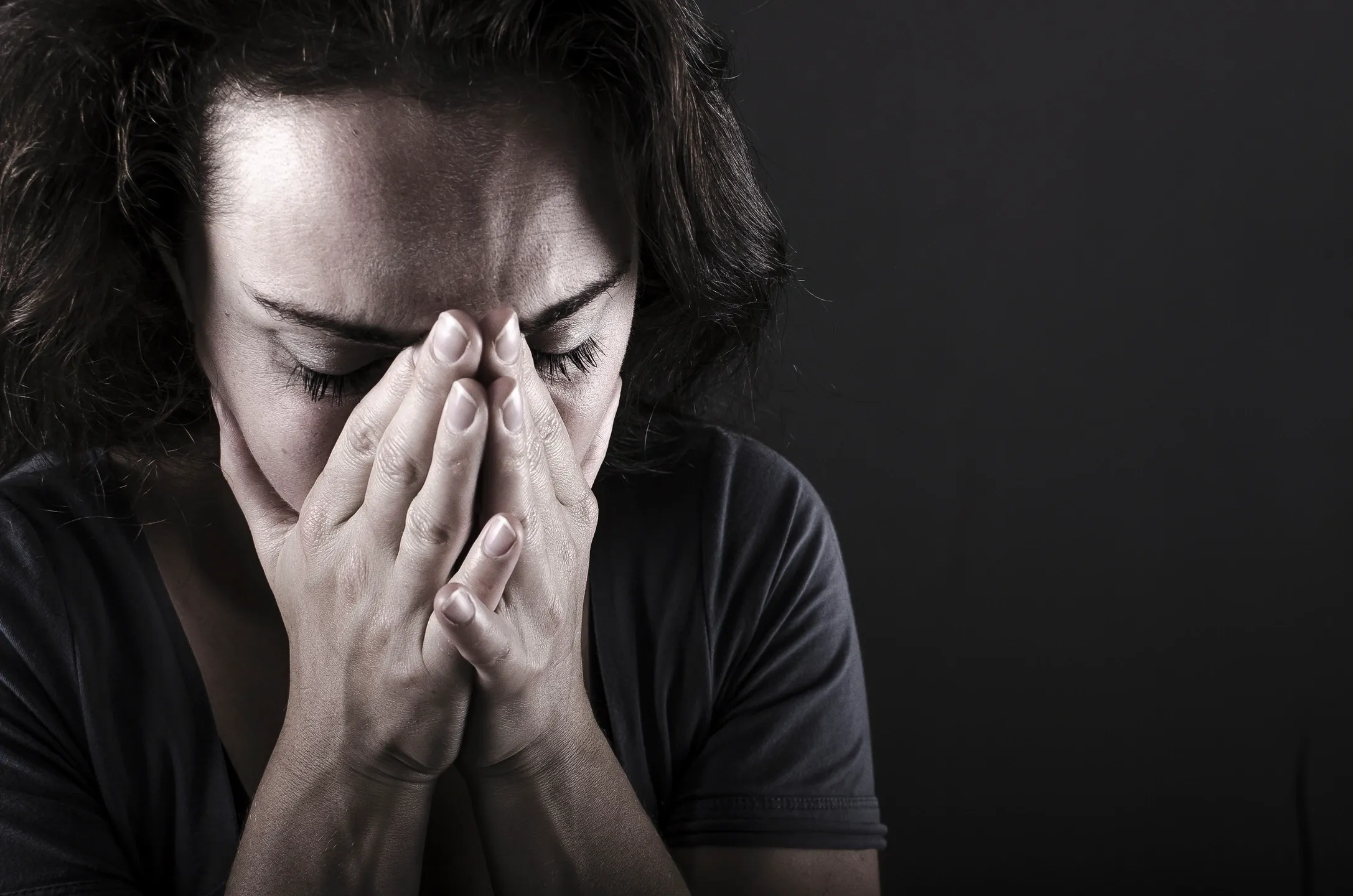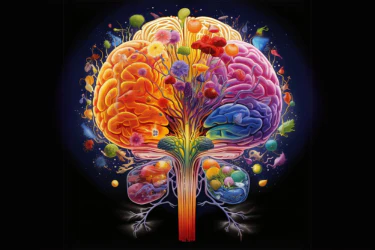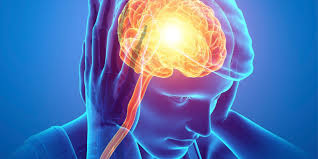Exploring the Impact of Anxiety on Physical Health
Anxiety affects both your mind and body through a complex response system. When you experience anxiety, your brain activates a stress reaction by releasing hormones such as adrenaline and cortisol. These hormones prepare your body to react swiftly to potential threats, heightening alertness and physical readiness. While this reaction is helpful in short, sudden bursts, it can cause significant strain when prolonged over time.
Stress Hormones and Physical Reactions
The stress hormones released during anxiety increase your heart rate and muscle tension, preparing you for immediate action. However, if anxiety persists, this constant state of readiness can exhaust your body and mind, leading to fatigue and other health problems. The ongoing strain may interfere with normal functioning, making it harder to relax and focus. Managing anxiety effectively helps prevent these harmful effects on your overall well-being.
Anxiety causes your heart to beat faster and your blood pressure to rise. This reaction helps your body get ready to act. You may breathe quickly or shallowly, which can make you feel dizzy. Your muscles may tighten, especially in your neck, shoulders, and jaw. It also affects your stomach, causing pain, nausea, or diarrhea.
Health Problems from Long-Term Anxiety
When anxiety persists over a long period, it can lead to serious and lasting health complications. Your heart is forced to work harder, increasing the chances of developing high blood pressure and heart disease. Additionally, it weakens the immune system, making the body more vulnerable to infections and illnesses. This chronic stress can also worsen digestive issues, such as acid reflux and irritable bowel syndrome, causing discomfort.
For people with asthma, anxiety may intensify breathing difficulties and lead to more frequent attacks or symptoms. Muscle tension caused by anxiety often results in headaches and persistent pain throughout the body. Sleep disturbances are common, which negatively affect energy levels and the ability to concentrate during the day. Managing anxiety helps protect both physical health and mental well-being over time.
Ways to Reduce Impact on Your Body
You can reduce anxiety’s impact by practicing simple daily habits that promote calm and relaxation. Techniques like deep breathing, meditation, or yoga help soothe your mind and relax tense muscles. Regular exercise lowers stress hormones while boosting your overall mood and energy. Even a brief walk outside can provide noticeable relief from anxious feelings.
Maintaining a healthy diet supports both your body and brain during stressful times. Establishing a consistent sleep routine allows your body to recover and reduces anxiety symptoms. Avoiding screens before bed and going to sleep at the same time each night improves sleep quality. Connecting with friends or joining support groups also helps ease emotional stress and builds resilience.
Start Your Journey to Wellness Today
If anxiety causes chest pain, dizziness, or persistent tiredness, see a doctor promptly. A healthcare professional can evaluate other health issues and recommend appropriate treatments for your symptoms. Therapies and medications are available to help manage anxiety and its physical effects effectively. Taking early action and seeking support can improve both your mental and physical health significantly.







